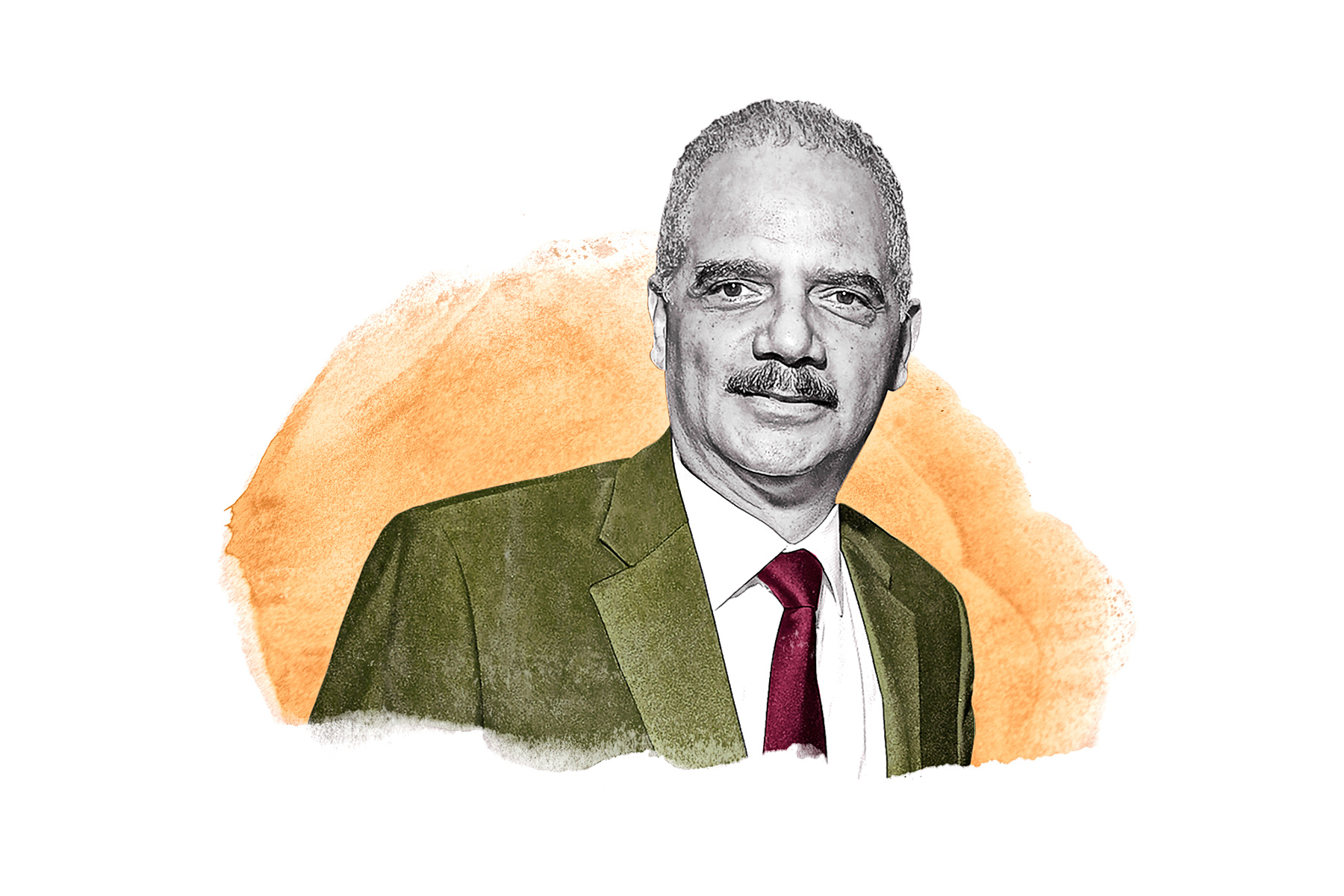Democracy doesn’t stop in the middle of a pandemic. From local and state races all the way up to a presidential election in November, Americans will need to figure out how to cast votes in 2020 without risking their health. Former Attorney General Eric Holder is now the chairman of the National Democratic Redistricting Committee, which focuses on redrawing heavily gerry-mandered districts throughout the country to help Democrats compete where Republicans have safe seats. He spoke to TIME about essential electoral reforms that can help protect your vote specifically with regard to COVID-19. But Holder hopes these reforms will go beyond 2020: by expanding the number of voting days and providing more mail-in, absentee and at-home voting options, he says, we can permanently make voting more accessible in the United States. —Tessa Berenson
What’s the biggest question facing the U.S. about voting during a pandemic? We have to ensure that we have a system in place that doesn’t make the American people choose between protecting their health and exercising their right to vote. There shouldn’t be a tension between those two.
Do you think in-person voting should be canceled nationwide this year? No. Certain communities and communities of color primarily rely on in-person voting. We have to provide safe and healthy polling places so that the poll workers and those who want to cast a ballot in person have opportunities to do that while they’re protecting themselves. You want to expand the number of voting days. Get creative about this.
How important do you think mail-in ballots will be to both the presidential election and other voting in 2020? There has to be a sea change in our thinking there. Allow people to access their primary American right by voting at home. It’s not as if this is an untried concept. Oregon has been doing this for years. But we have to make sure that we’re being sensitive to the needs of poor communities and communities of color by doing things like having prepaid postage on envelopes. Construct a system so that you’ve got expanded in-person voting, you’ve got expanded at-home voting and expanded no-excuse absentee vote-at-home measures.
Do you think what happened with Wisconsin’s primary—where Republican leaders and conservative judges overruled the Democratic governor’s attempt to postpone in-person voting—is a harbinger of other voting fights to come this year? Absolutely. Wisconsin is like a microcosm. It presents questions that the nation as a whole is soon going to have to grapple with.
What is your message to Americans who want to make sure their 2020 votes are counted? We should never underestimate the power of an engaged American citizenry. If the American people demand a system that allows them to cast a ballot and not have to worry about their health, that will force politicians to do the right thing.
Should rethinking how we vote this year change the way we vote in the future? Coronavirus gives us an opportunity to revamp our electoral system so that it permanently becomes more inclusive and becomes easier for the American people to access. It would be foolhardy to take these pro-democracy measures off the table after we get on the other side of the virus. These are changes that we should make permanent because it will enhance our democracy.
This article is part of a special series on how the coronavirus is changing our lives, with insights and advice from the TIME 100 community. Want more? Sign up for access to TIME 100 Talks, our virtual event series, featuring live conversations with influential newsmakers.
- The 100 Most Influential People of 2024
- Coco Gauff Is Playing for Herself Now
- Scenes From Pro-Palestinian Encampments Across U.S. Universities
- 6 Compliments That Land Every Time
- If You're Dating Right Now, You're Brave: Column
- The AI That Could Heal a Divided Internet
- Fallout Is a Brilliant Model for the Future of Video Game Adaptations
- Want Weekly Recs on What to Watch, Read, and More? Sign Up for Worth Your Time
